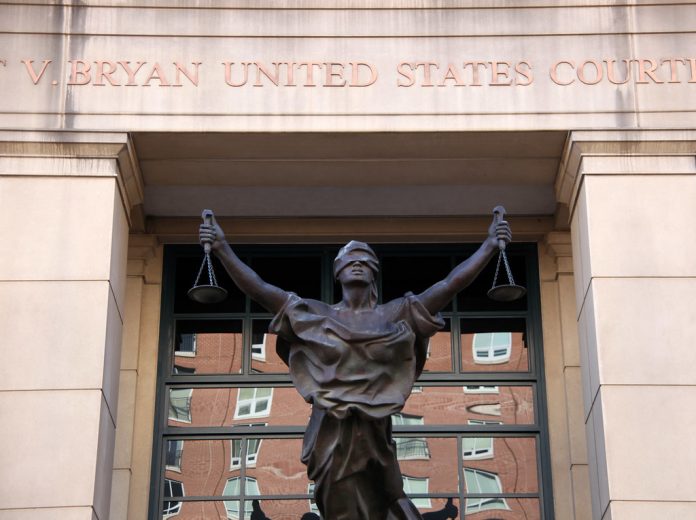By Tim Gruver
(The Center Square) — The Oregon Legislature is renewing its decades-long battle against mandatory sentencing laws that has divided prosecutors and lawmakers amid the state’s renewed pushes for criminal justice reform.
Passed in 1994 by a margin of 65%, Measure 11 set mandatory sentences for the some of the state’s most serious offenses including rape and murder. Rape in the first degree, for instance, carries a sentence of eight years and four months. Aggravated murder carries a sentence of 30 years to life in prison.
Known as “one strike and you’re out,” the law also let courts try juveniles ages 15 and up for such crimes without the possibility of parole or early release.
That aspect of the law changed in 2019 with Senate Bill 1008, which requires juvenile offenders to be tried in juvenile court and “Second Look” hearings to appeal their cases halfway through their sentences in response to national precedent and advancements on adolescent brain chemistry.
A quartet of bills in the Oregon Legislature this year would rework Measure 11 in a number of areas beginning with Senate Bill 401.
Sponsored by municipal prosecutor and state Sen. Floyd Prozanski, D-Eugene, the bill would replace mandatory sentences with presumptive sentencing guidelines, giving judge more leeway in devising punishments.
House Bill 2002, on top of reworking sentencing guidelines, would also update educational standards for parole officers and see to it inmates are offered culturally-specific treatment services in their native language.
Senate Bill 191 and House Bill 2172 both aim to offer offenders more chances at sentence reductions and a more robust appeals process.
All four bills have support from leading members of the Oregon Legislature’s Black, Indigenous, and People of Color (BIPOC) Caucus and coincide with a slew of criminal justice reform bills this year including riot police immunity.
The Oregon District Attorney Association (ODAA) has defended Measure 11 as a safeguard against fast tracking some of the state’s most dangerous criminals for release. On Friday, the ODAA’s 36 members issued a statement affirming their support for the law.
“The Oregon District Attorneys Association promotes public safety values that include accountability for offenders through truth and transparent sentencing as well as the protection of and advocacy for crime victims and their rights,” the statement read. “Measure 11 is consistent with those values as it is a proven tool to keep Oregonians safe by establishing minimum sentences for the most violent crimes such as rape, violent assaults and child sex abuse.”
State-commissioned reports have attributed Measure 11 to growing prison population by about 41% by 2004 even while Oregon’s crime rates fell overall between 1994 and 2001. The trend still mirrored national incarceration rates and likely saw some re-offenders imprisoned.
Measure 11 has proven popular with voters—too popular to kill at the ballot box. In 2000, voters reaffirmed it by an even wider margin of 73%.
In December, an ODAA-commissioned survey of 600 Oregonians showed 54.5% of respondents generally supported Measure 11, though 57.9% said they supported giving judges more discretion at setting sentences. The survey had a margin of error of 4%.
Under Measure 10 also passed in 1994, Measure 11 may be repealed by a two-thirds vote by the Oregon Legislature in both chambers.
In lieu of finding the votes to do so, state lawmakers have chipped away at the law with little success. Several bills passed in the late 1990s have narrowed the crimes eligible for mandatory sentences, but did not overhaul the law entirely.
An Oregon Supreme Court decision from 2009 was the closest the courts have come to exposing cracks in the law after justices found a Measure 11 sentence for a first-time offender constituted “cruel and unusual” punishment.
Hearings on the four newly introduced bills are anticipated later this week following a raincheck on some legislative business due to ongoing statewide power outages over Presidents Day weekend.
Originally published by The Center Square. Republished with permission.











